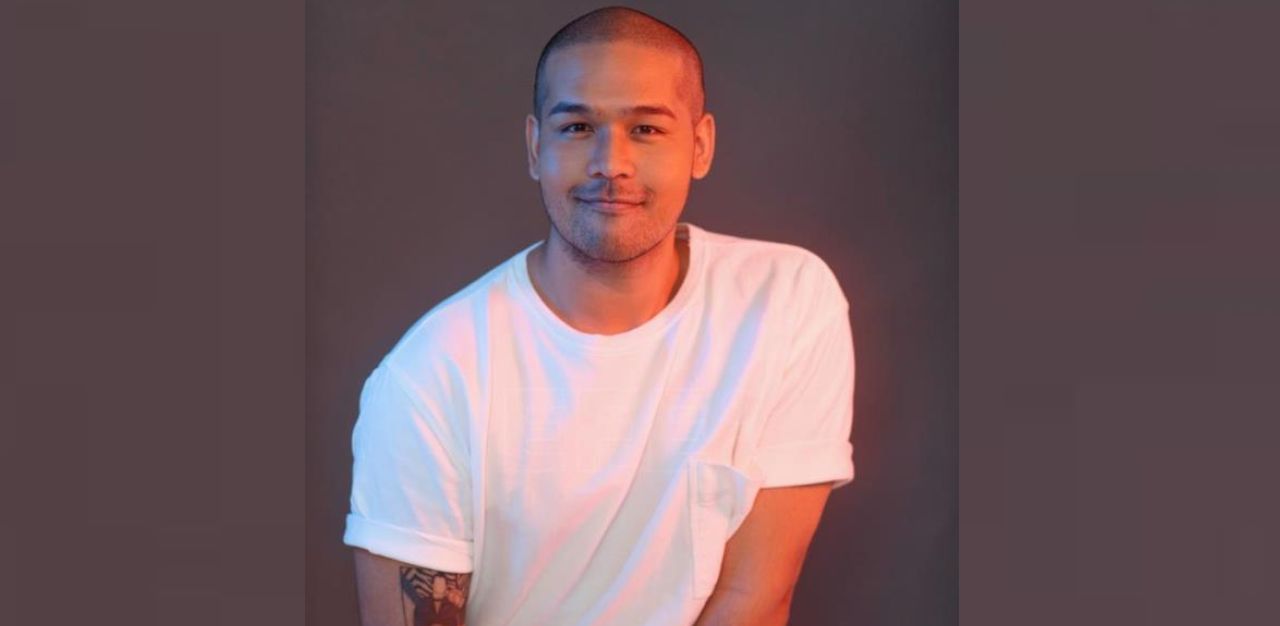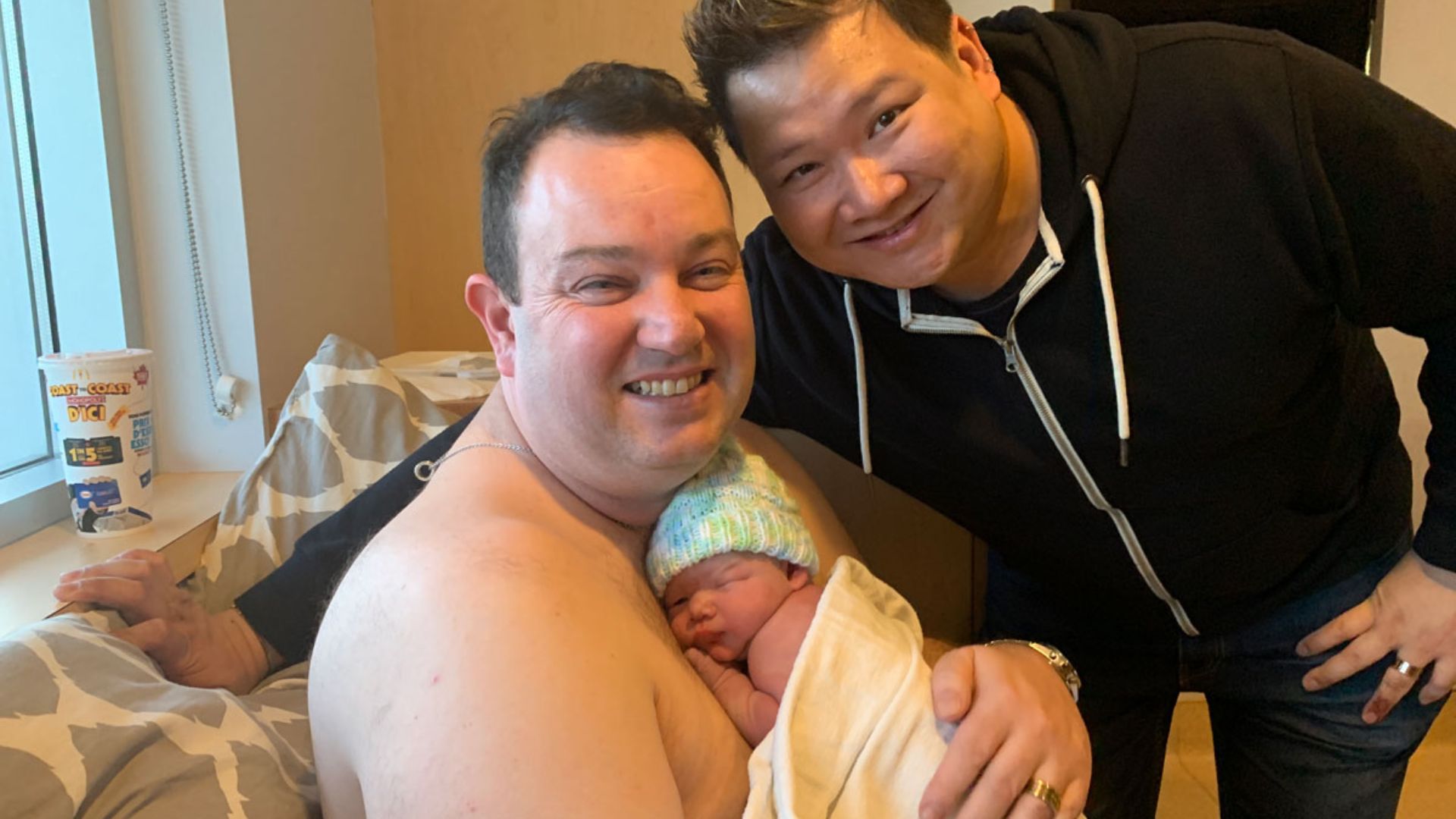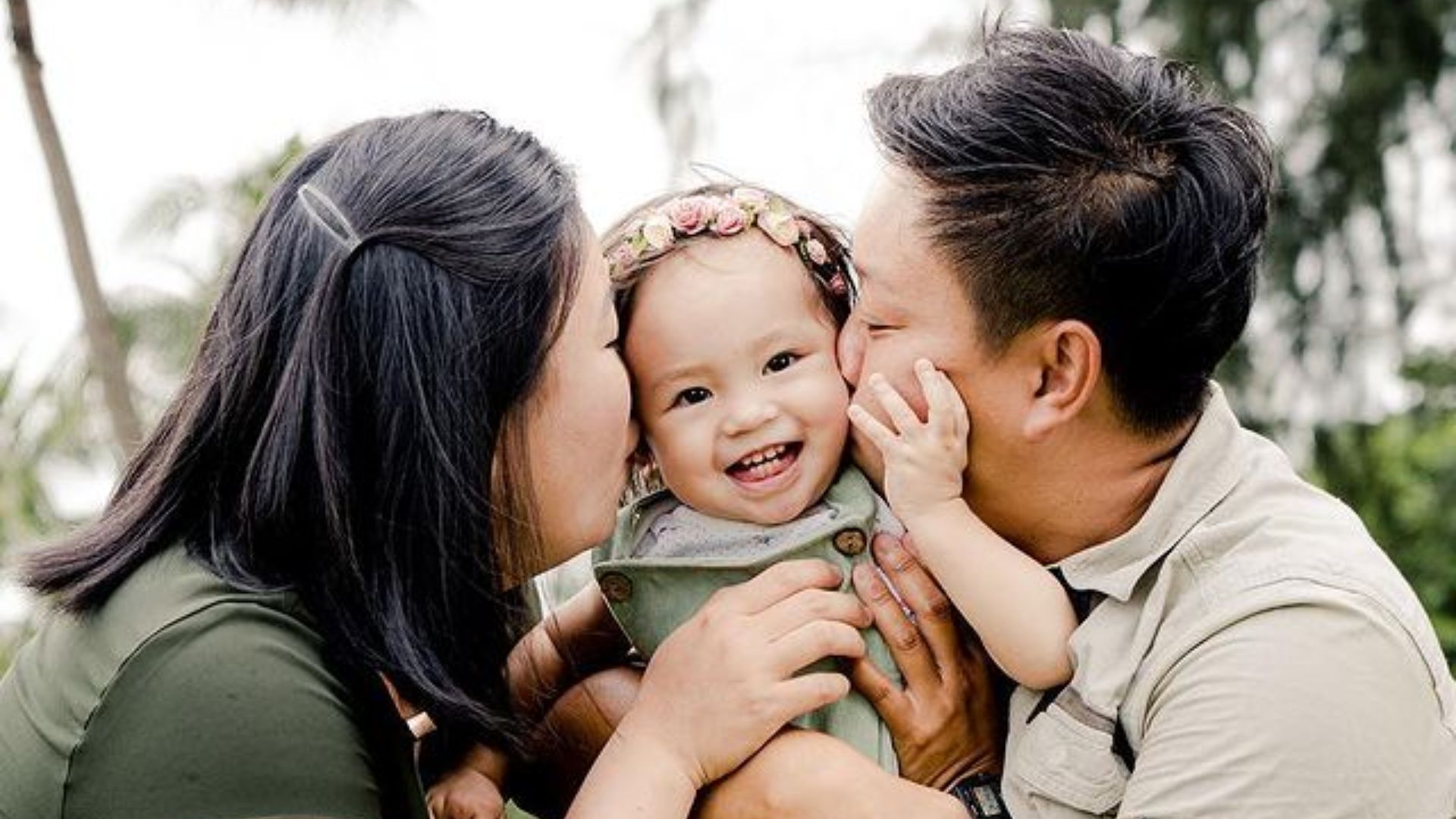Singapore remains largely conservative despite increasingly liberal views of youths around LGBTQ+ rights and countless queer Singaporeans feel the need to conceal their identity to avoid rejection by their families, friends, colleagues, and the wider community.
And it was only on Sunday, 31 July, that the Catholic Church in Singapore reiterated its position that marriage is between a man and a woman, the but added that it respects the dignity of the LGBTQ community. Responding to media queries, the Roman Catholic Archdiocese of Singapore said LGBTQ people should also respect the Church’s rights to maintain its position on marriage and that the family unit comprises a father, mother and their children.
Not only that, Singapore’s government continues to uphold anti-LGBTQ+ laws and restrict positive queer representation in state-run media. This perpetuates institutionalised discrimination against the queer community, from which they lack protection by the Constitution.
Under the new Adoption of Children Act 2022 passed in May this year, couples wanting to adopt a child must be married under laws recognised by Singapore and this has excluded a whole host of other couples.
In our monthly Big Read Unwrapped, TheHomeGround Asia takes a closer look at the impact of some of the laws and challenges the gay community in Singapore face, and speaks to LGBTQ+ members on how they continue to exist within the space.
Activism and visibility: An uphill battle for equality and inclusivity
“The LGBTQ+ have always been in the room,” says Mr Joshua Simon, a founder of one of the first LGBTQ podcasts in Singapore SG Boys. “Queer people in Singapore have had to ‘act straight’ for so much of their lives, either to navigate rules which do not favour us, avoid discrimination or simply fit in and be accepted in society,” he says.
Singapore has seen a marked shift in the anti-LGBTQ+ rhetoric in recent years, but even as the country has grown to adopt more liberal views surrounding the issue — especially with the push of the younger generation — it still remains largely conservative. Discrimination is pervasive in nearly every facet of the day-to-day lives of queer individuals, for whom the system fails to grant the same quality of living as their cishet counterparts.
Speaking at the Big Read Unwrapped roundtable, Mr Simon, who is also a radio presenter, says, “We’ve heard the Ah Kua (Hokkien for transvestite or transsexual), Bapok (a derogatory Malay term for an effeminate male) jokes and that’s been completely fine and not policed on. But the moment you have the word ‘gay’ it becomes the scariest thing.”

Mr Simon’s father is a pastor of a Bible Presbyterian Church and he grew up in strict Christian household where there is “a level of right and wrong and then there is righteous and sinful”, he says.
“That was hard to wrestle with because I’m not only responsible to my parents but also to God so it is not very easy. It took a lot of unlearning about the world and about myself. I’m 32 but it was not until I was 26, 27 that I start to have an inkling of who I am, I felt like I learnt how to walk at 28, and even in relationships, figure out what I want, what kind of partner I am, and what kind of partner I want to be with,” he says.
RELATED: Being queer and fighting for LGBTQ+ rights in socially conservative Singapore
Embracing your true self to be accepted and understood
“I try not to deny my sexuality or say that I’m single or even say that I have a girlfriend. That is something that I’m very particular about because that eats away at me. I did it for a while but I stopped,” he says, bringing up the episode where he stood up for his belief and gave up his TED (technology, entertainment, design) Talk at a polytechnic. The school insisted he edit out and censor portions which referred to LGBTQ+ themes.
“By now I have unlearned all the nonsense, so I wasn’t going to let it fly. I wasn’t going to tell everyone that life is great when it hasn’t been,” he adds.
A Youth Survey carried out in 2021 by news platform TODAY, which polled more than 1,000 respondents between the ages of 18 and 35, found almost 4 in 5 Singapore youth willing to form close friendships with friends or colleagues who are in a same-sex relationship and to work alongside LGBTQ people beyond a social setting. Only 3 in 5 were willing to accept LGBTQ family members.
Having familial acceptance goes a long way for the LGBTQ+ in terms of their health and wellness, says entrepreneur Cameron Sutherland. Legally married to his husband, Singaporean Andre Ling, it took Mr Ling’s family a long time to accept him.
“In the early stages, I was introduced as, ‘This is Andre’s friend’. It has gotten better but the term ‘This is Andre’s husband’ is never going to be there,” he says.
“The beauty of it all is we have our little boy Tyler. They see him as his grandchild and that is basically what we want. As long as they don’t look away from the fact that they have a grandchild and how they treat us no longer matter,” Mr Ling added.

Both Mr Sutherland and Mr Ling own and run Host Geek, a web hosting, web design and digital marketing company based in Australia and Singapore. In November 2019, they were “promoted” to “dads” with the arrival of their son Tyler, who was conceived through surrogacy. They share their parenting journey through their blog, Instagram and Facebook accounts.
RELATED: Coming out to mum and dad and what you wish they had said
Children in a same-sex relationships: Acceptance of rainbow families in Singapore
Mr Ling says legally, Tyler is registered as Mr Sutherland’s son and a foreigner and the adoption law has no bearing on them.
Before 2022, adoption used to be an option for same-sex couples, whether gay or lesbian, who yearned for a child but did not want to go through the travails of pregnancy, failed medically assisted insemination or surrogacy. With the changes to the Adoption of Children Act 2022 on 9 May, it is now illegal for them to adopt children or employ surrogates and the penalties are hefty — a fine of up to $10000 and/or jail up to three years for first-time offenders.
In 2019, Mr Desmond Lee, the Minister for Social and Family Development then, said the Government was reviewing adoption laws after a landmark case involving a gay father who adopted his biological child conceived through a surrogate mother in the United States.
But the Singaporean man has failed in his bid to have his same-sex partner named guardian of his son, as well as a girl he fathered in the United States through a surrogacy arrangement. The High Court also rejected his bid to have his partner awarded joint custody, care and control of the children.
While it wasn’t easy for same-sex couples to adopt before, this clearly removes all possibility. It adds to the pain that queer families already deal with, living under a system that denies their existence and love.
“For us it is quite different because at the end of the day our bodies are able to carry the baby,” says Ms Brenda Eng, co-founder of Balloon Blasters. She is leagally married to Ms Pearlyn Tam and the two have a daughter Velda.
“We know that at any point in time, as long as the child is conceived and carried by a (Singaporean) woman, the child will be a Singapore citizen. That’s a whole different ball game altogether,” Ms Eng says. The two women met when they were in their teens “during underaged clubbing” and “within a week or two it just felt right, like we have been together for a long time. It has been 18 years already,” she adds.
Unlike many same-sex couples who would either be living with their parents or are renting until they are 35 and able to get a place, both Ms Eng and Ms Tam lived with Ms Eng’s father.
“It was when we set up an instagram account that we realised that housing is a major problem. Since a lot of people continue to live with their parents and have not moved out or in together, thinking of starting a family or having a child together seems so far for them,” Ms Eng says.
For the two, Ms Tam says family support is very important. They initially went with the IUI (intrauterine insemination) route and tried four times overseas but failed. After two years of trying, they finally succeeded. Ms Eng’s mother accompanied them overseas when they went for IVF using the sperm from a donor and implanting the fertilised egg into Ms Tam. Velda was born in 2020.
“Under the law, Velda is 100 per cent in my care and Brenda does not have anything to do with her. That’s a huge hurdle. Very often at the doctor’s or the hospital, the doctors will question Brenda on who she is to Velda. … So we have been honest, that Velda has two mothers and she is the other mother. Most of the time the doctors and nurses are very professional and would not say anything. In terms of signing any forms, it would still have to be me,” Ms Tam says.
“There are times when we wonder should we be out together and got into an accident and I’m the only person who can make decisions for both of them, I would be helpless because I’m in no power to do that, so what’s going to happen?” Ms Eng asks.
Raising a same-sex family in Singapore
The next challenge for the two same-sex couples is raising a family in Singapore.
During a November 2021 dialogue at the Institute of Policy Studies and S. Rajaratnam School of International Studies’ (IPS-RSIS) conference on identity, Finance Minister Lawrence Wong said the current age has given rise to “new tribalism”. He said members of the LGBTQ+ community feel that “society does not accept them or even recognise them as (being) different”, which was an important concern to be acknowledged.
“One cannot say to any of these groups that their concerns are illegitimate or exaggerated. If we are to live up to the founding ethos of Singapore, every Singaporean deserves a place in our society, regardless of his or her background, status or racial or cultural identity. This is what a fair and just society means,” Mr Wong added.
Despite this, Singapore still does not boast the most accepting or inclusive society.
“People will question and we will explain what our family unit is like. The older generation are very receptive about it. They will always give some form of encouragement and say that it is very educational,” Ms Eng says.

“As Pearlyn’s tummy gets bigger and bigger, we wanted to let our parents know what to tell their families and friends. So for the extended family, we just post a gender reveal, everything a ‘normal’ heterosexual couple would do to be proud of their baby. That is how we prepped our families to tell them that we have a baby on the way,” she says, adding that after she was born, “we also did not try to hide her. We wanted her to know that we are proud of her so she can grow up being proud of us”.
And to have the general population become more accepting, Mr Ling says it needs “to see more rainbow families walking around, then they will be more accepting. Now we are a minority”.
“People are constantly told what is normal — from laws made in this country and other countries defining what a family is. A union between a man and a woman doesn’t mean that they are going to make good parents. There are a lot of cases showing just because you are straight doesn’t make you great parents,” Mr Sutherland adds.
RELATED: The impact of not legalising same-sex marriage
Schools and kids from the LGBTQ+ community
But whether straight or queer, children who are different tend to have their own issues, especially when they are at school.
Schools in Singapore profess to be safe havens for children to learn and be educated. They proclaim to teach and nurture the potential in every student and “help them realise their full potential, and develop a passion for lifelong learning”. Yet students who are different, some of whom are from minority groups, are not able to do any of that when they fear for their own safety.
For LGBTQ+ students, let alone kids from rainbow families, they are not given the equal opportunity as heterogenous children or those from heterogenous parents to explore and the pernicious impacts on these students who feel unsafe at schools are well-documented, and these include psychological distress, increased anxiety, and higher rates of self-harm behaviours such as substance abuse and suicidal ideation or attempts.
In previous articles, many students highlighted that teachers and school leaders were the major source of bullying and discrimination. An article by Singapore-based queer brand Heckin’ Unicorn corroborates the fact that some teachers and educators can be the “most cruel perpetrators of abuse and bullying against LGBTQ+ students in Singapore”—and can do so without consequence.
Mr Ling says Tyler has been in school since he was 18 months old and both his fathers would interview the school they want him to be in.
“We would tell them directly that we are a very modern family, a rainbow family, Tyler has two dads and whether the school is experienced in handling families like us. Most are very honest. We have had some who struggled to give answers to get us through the door. There was one that even took two weeks to come back to us with a ‘no’,” he says.
But one nursery told the two fathers that it had such parents before and based on its answers and experience, such as the kind of training, how teachers would react, teach or handle a situation, “we put Tyler through”. “They were good with Tyler and even got him to do a Dads card on Mother’s Day,” Mr Ling says.
Ms Tam says she and Ms Eng also went through the same paces with Velda for her nursery.
“When Velda is a pre-schooler we can interview the school to make sure they are all-rounded and protected but the minute she enters primary school and secondary school we cannot control the environment or what people will say. For us, our approach is to tackle from within,” Ms Eng says.
“Every child will have his or her own set of issues so we cannot really control what others say as long as we focus on our daughter and make sure she knows that she is loved and grow up resilient enough to deal with the nasty comments,” says Ms Tam.
“Going forward into primary and then secondary schools, there is no one answer to how we will deal with this. But we will constantly underline to Tyler that he is loved and the way he is growing up is normal, not abnormal. He’s coming from two parents who love him,” says Mr Sutherland.
RELATED: Respect for all: Every LGBTQ student matters, or do they?
Join the conversations on TheHomeGround Asia’s Facebook and Instagram, and get the latest updates via Telegram.














